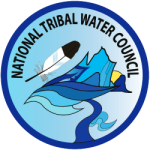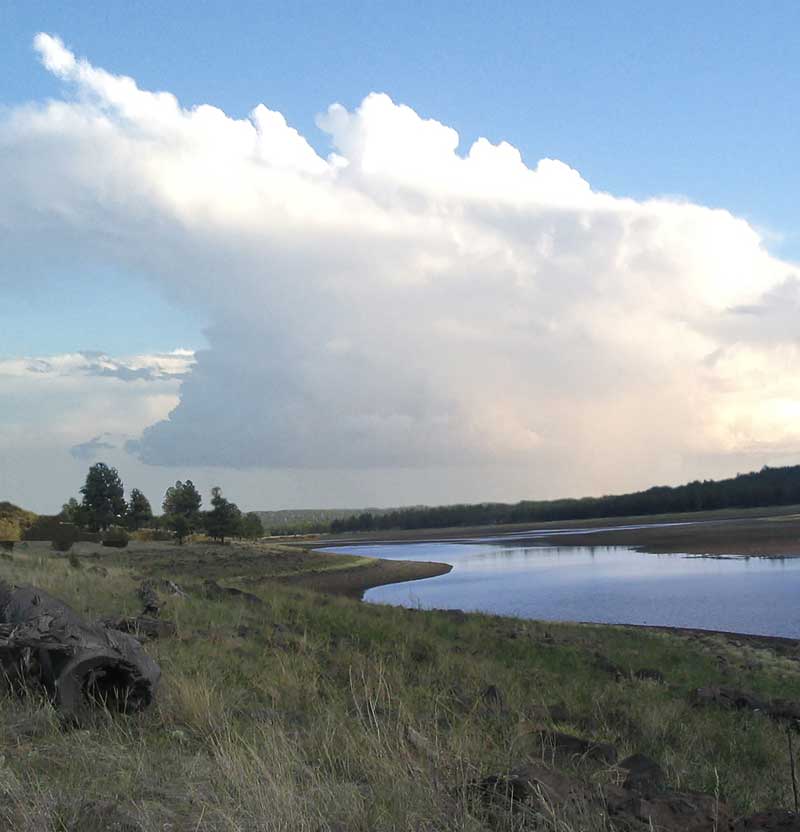Meet the Council
Click on a council member’s photo to read their bio.
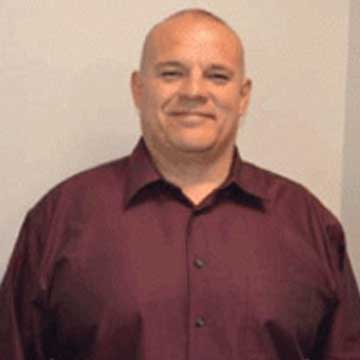
Ken Norton
Region 9 (NTWC Chair)
Hoopa Valley Tribe
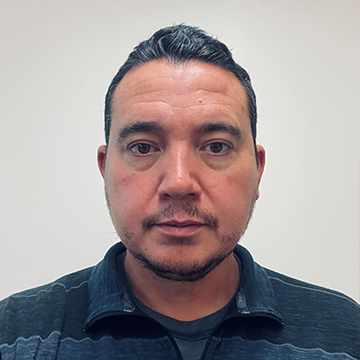
Chauncey Means
Region 8 (Vice Chair)
Confederated Salish and Kootenai Tribes
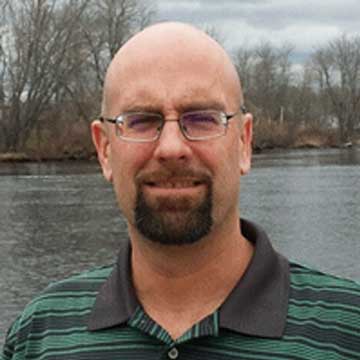
Daniel Kusnierz
Region 1
Penobscot Indian Nation
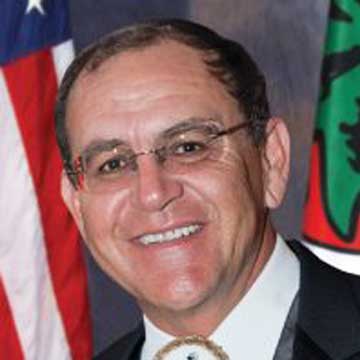
Brian Patterson
Region 2
Oneida Nation
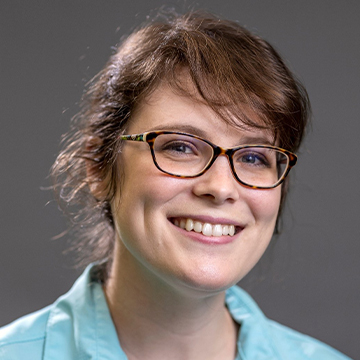
Rainee Tetreault
Region 4
Eastern Band of Cherokee Indians
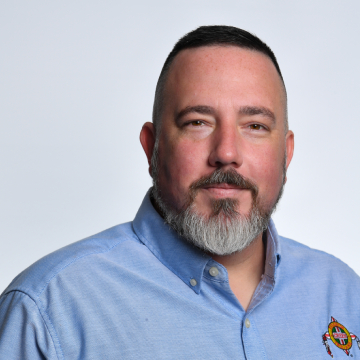
Shaun Livermore
Region 4 (At-Large)
Poarch Band of Creek Indians
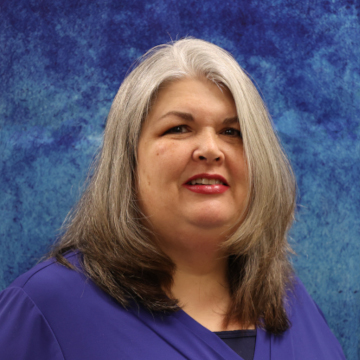
Deborah Dotson
Region 6
Eastern Shawnee Tribe of Oklahoma
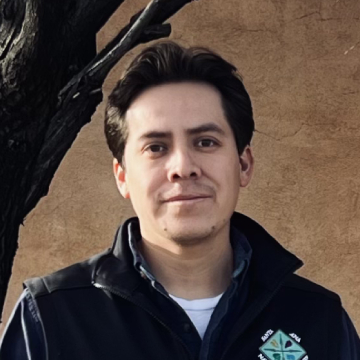
Joshua Jojola
Region 6 (At-Large)
Pueblo of Santa Ana
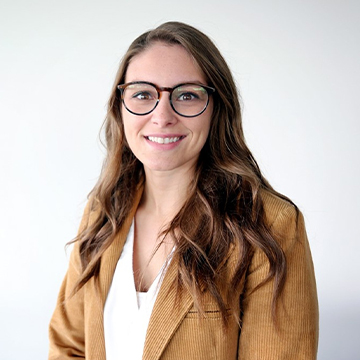
Kayla Vondracek
Region 7
Ponca Tribe of Nebraska
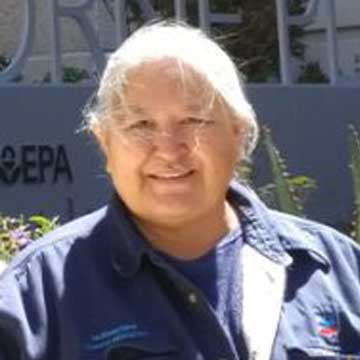
Yolanda Barney
Region 9
Navajo Nation
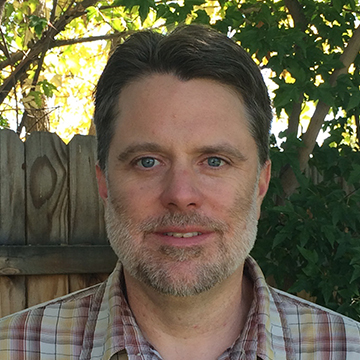
Scott Hauser
Region 10 (At-Large)
Upper Snake River Tribes
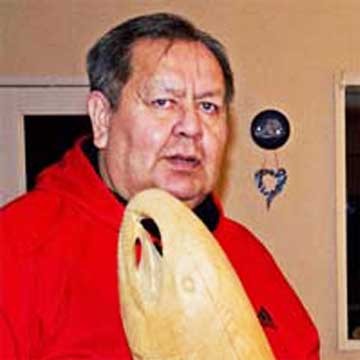
Eric Morrison
Region 10
Salamatof Tribe
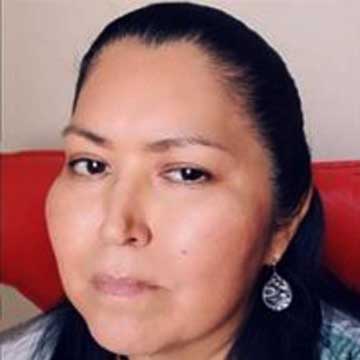
Ann Wyatt
Region 10
Klawock Cooperative Association/Tribe (Alaska)
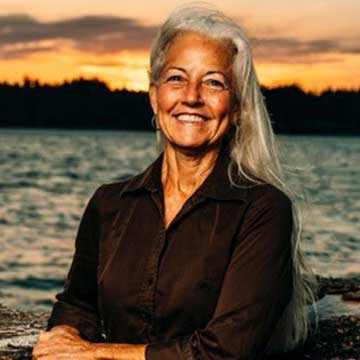
Mary Verner
Region 10
Snoqualmie Indian Tribe
CONNECT WITH US
Elaine Hale Wilson, CPM
Manager
Elaine.Wilson@nau.edu
480-452-6774
Your tax deductible donation supports ITEP’s programming efforts.
Please contact us if you would like to contribute to our endowment or for any additional information regarding donations.


